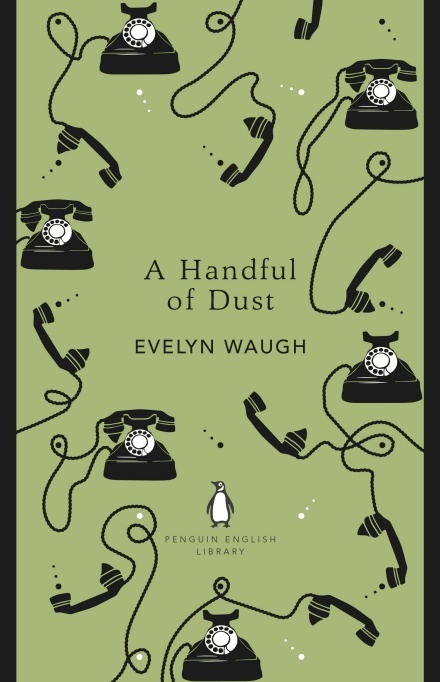What do you think?
Rate this book


240 pages, Paperback
First published September 4, 1934


I should say it was time she began to be bored. They’ve been married five or six years. Quite well off but everything goes in keeping up the house. I’ve never seen it but I’ve an idea it’s huge and quite hideous.
”. . . I will show you something different from either
Your shadow at morning striding behind you
Or your shadow at evening rising to meet you;
I will show you fear in a handful of dust.”
——-The Waste Land, T.S. Eliot